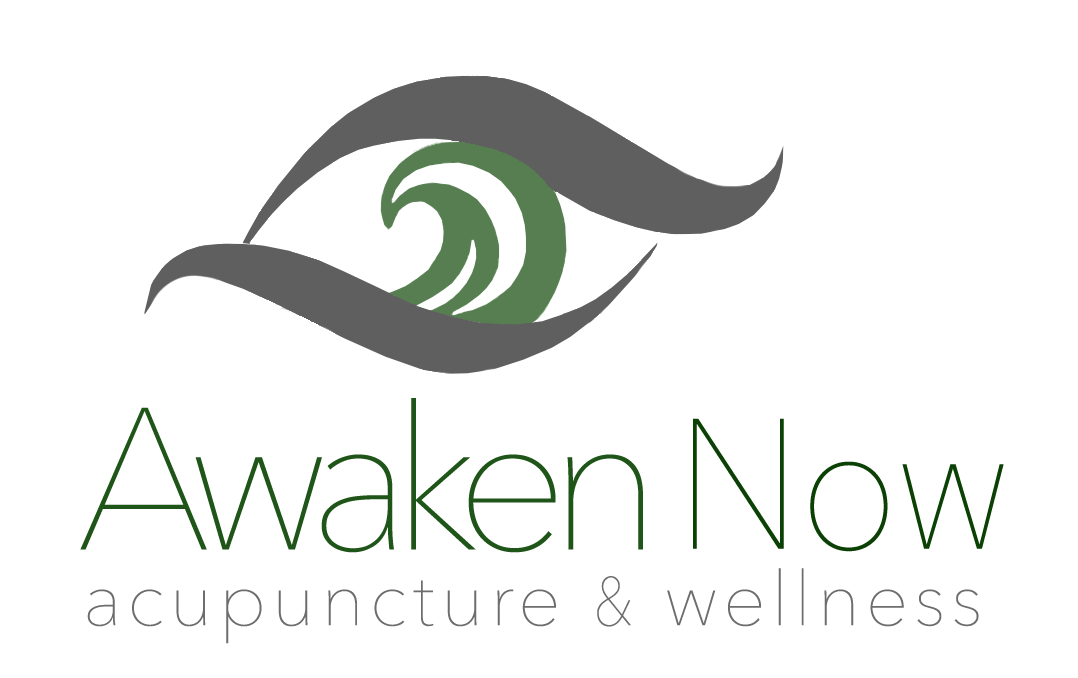Qi is defined as the energy of the body, it is the vital force. It functions to protect, warm, hold organs and fluids in their proper places, transports substances and transforms substances into energy. Qi can become weak and deficient with poor nutrition, chronic illness, severe disease, insufficient natural endowment or old age.
Read MoreIf you come in and tell me that you have a cold I can’t just give you a pill, not even an herbal formula or a point combination, because you may have very different signs and symptoms to the next person that comes in with a cold. If you have a runny nose with clear, watery mucous, chills, sneezing, and dizziness, I would prescribe an acupuncture point combination and an herbal formula for you.
Read MoreToxic heat is usually the result of fevers and infectious diseases. Toxic heat is distinguished from heat by the presence of pustular lesions, such as sores. These sores are warm to touch, redness, swollen, painful and often combined with pus.
Read MoreIt is cooling in action, it causes contraction and has a gathering, absorbent, astringent effect. It is used to prevent or reverse abnormal leakage of fluids and energy, it also dries and firms up tissue. Sour activated the liver and helps counteract the effects of rich, greasy foods, helps to break down fats nad proteins.
Read MoreIn Traditional Chinese Medicine (TCM) the health of your sleep reflects the health of your mind. Acupuncture aids in restoring proper sleep by harmonizing the yin and yang imbalances in the body that create insomnia. There are different types of insomnia from the TCM prospective.
Read MoreIn Chinese medicine the Spleen energy functions to transport and transform the foods and fluids that we eat and drink into energy. Possible causes of spleen energy deficiency include poor nourishment, excessive consumption of cold and raw foods, excessive consumption of refined and highly processed foods, eating at irregular times, eating on the run, excessive eating, eating too little, eating a protein deficient diet, excessive thinking or mental strain, prolonged exposure to dampness, or chronic disease.
Read MoreHave you heard of this new term that is sweeping the world? The term came about because people were getting not only neck pain but actually causing damage to their cervical spine, supporting ligaments, tendons, and muscles from looking down at their cell phones, tablets, or other wireless devices too often and for way too long. Guess who is most at risk these days – kids and teenagers, the new generation, the ones we call millennials.
Read MoreYour digestion is your second brain. If your digestion isn’t working then the rest of your body will slowly start to fall apart. Your sleep will become poor, you will lack energy, your bowel movements will change, you might get ulcers in your mouth and on your tongue, your skin will be affected and much more.
Read More








